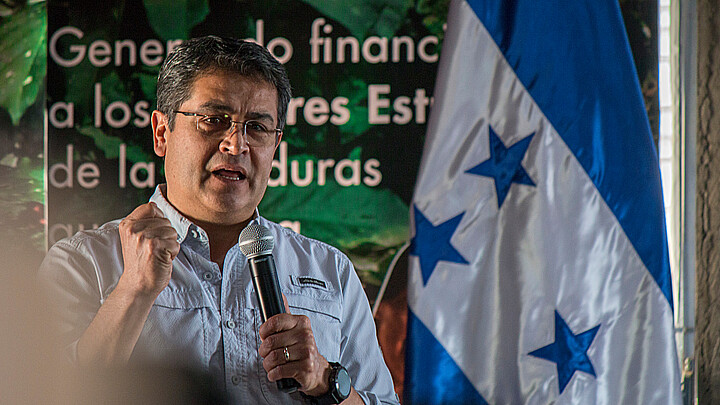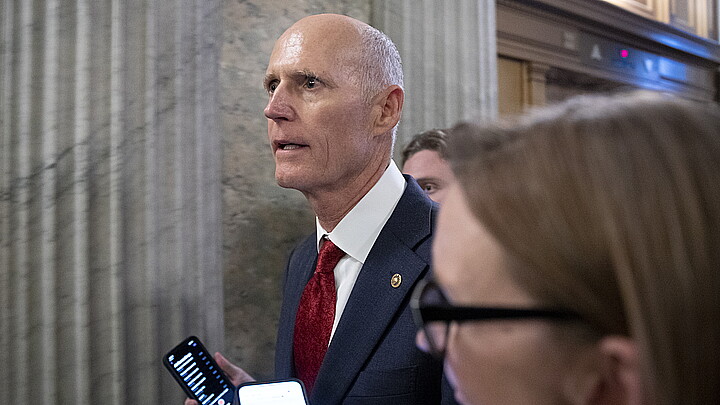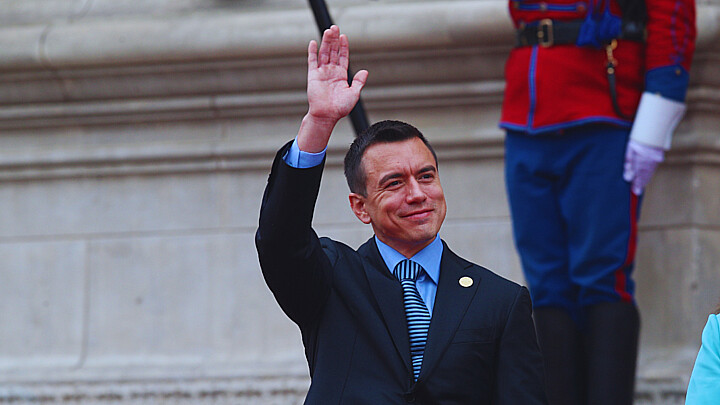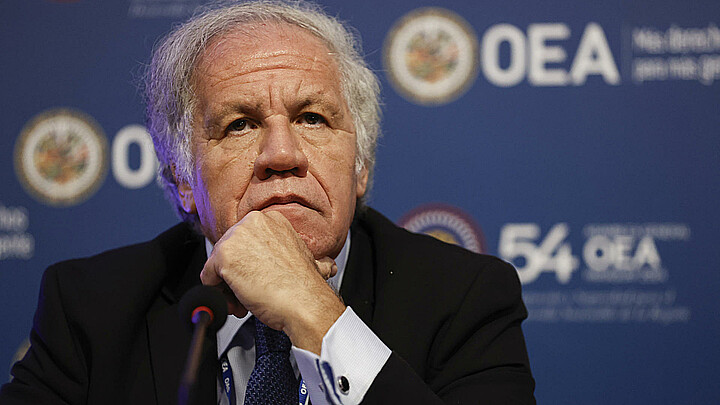Politics
State of Emergency: Honduras deploys hundreds of soldiers in crime crackdown
Under the state of emergency, which is set to last until April 20, several constitutional rights are suspended, including freedom of association and freedom of movement
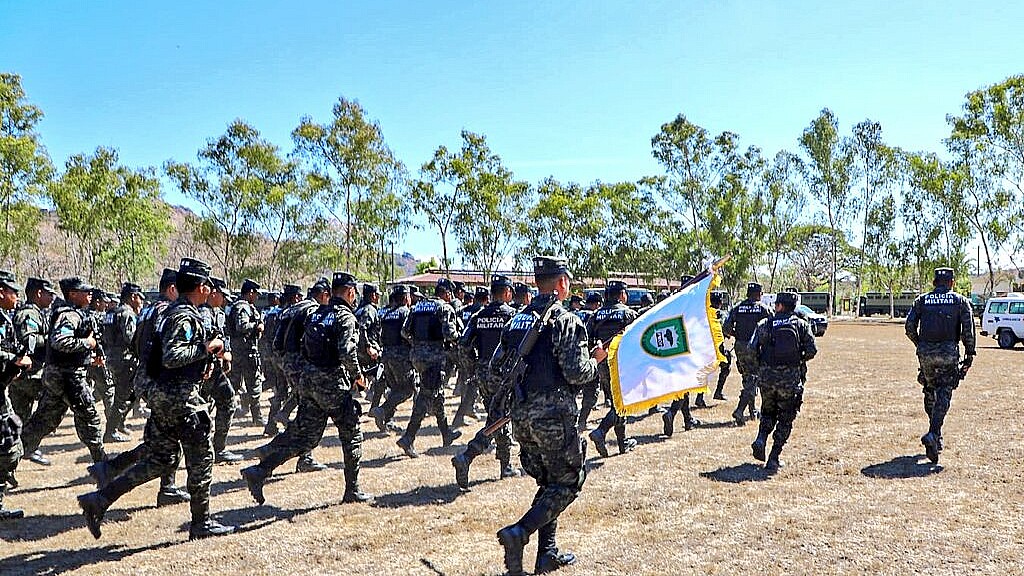
April 4, 2023 8:20am
Updated: April 4, 2023 8:20am
The government of Honduras deployed hundreds of military agents across the country to crack down on crime, authorities announced on Monday.
"In this new stage, we have the task of ending drug trafficking, and crime and also capturing the leaders of maras (violent street gangs) and gangs. We will guarantee peace for the life of the Honduran people," Defense Minister Jose Manuel Zelaya said.
Zelaya did not specify how many troops were being deployed for the mission. However, pictures shared by the government on Twitter show hundreds of soldiers being commissioned for the project.
#SeguridadCiudadana #SoluciónContraElCrimen pic.twitter.com/bEepznRfrH
— Fuerzas Armadas de Honduras (@FFAAHN) April 4, 2023
On Dec. 6, Honduran President Xiomara Castro implemented a partial state of emergency in several of the Central American country’s cities in an effort to fight against criminal groups and widespread crime.
Under the state of emergency, which is set to last until April 20, several constitutional rights are suspended, including freedom of association and freedom of movement. Additionally, the measures give authorities the ability to arrest anyone they suspect belongs to a gang, as well as anyone "previously identified criminal individuals or groups," without needing a warrant.
The country’s military will operate in seven of Honduras’ semi-urban departments where there is a large activity of gang operations, such as those of Mara Salvatrucha and Barrio 18, according to a government outline of the project.
The move comes following El Salvador’s launch of a similar operation in March of last year after 62 people were killed in 48 hours. Under the emergency measures, more than 66,417 alleged gang members have been arrested—about 2 percent of the Central American country’s entire adult population, according to government statistics.
The crackdowns in Honduras and El Salvador have been criticized by human rights groups, who claim that the extraordinary powers are leading to mass detentions based on questionable evidence.

